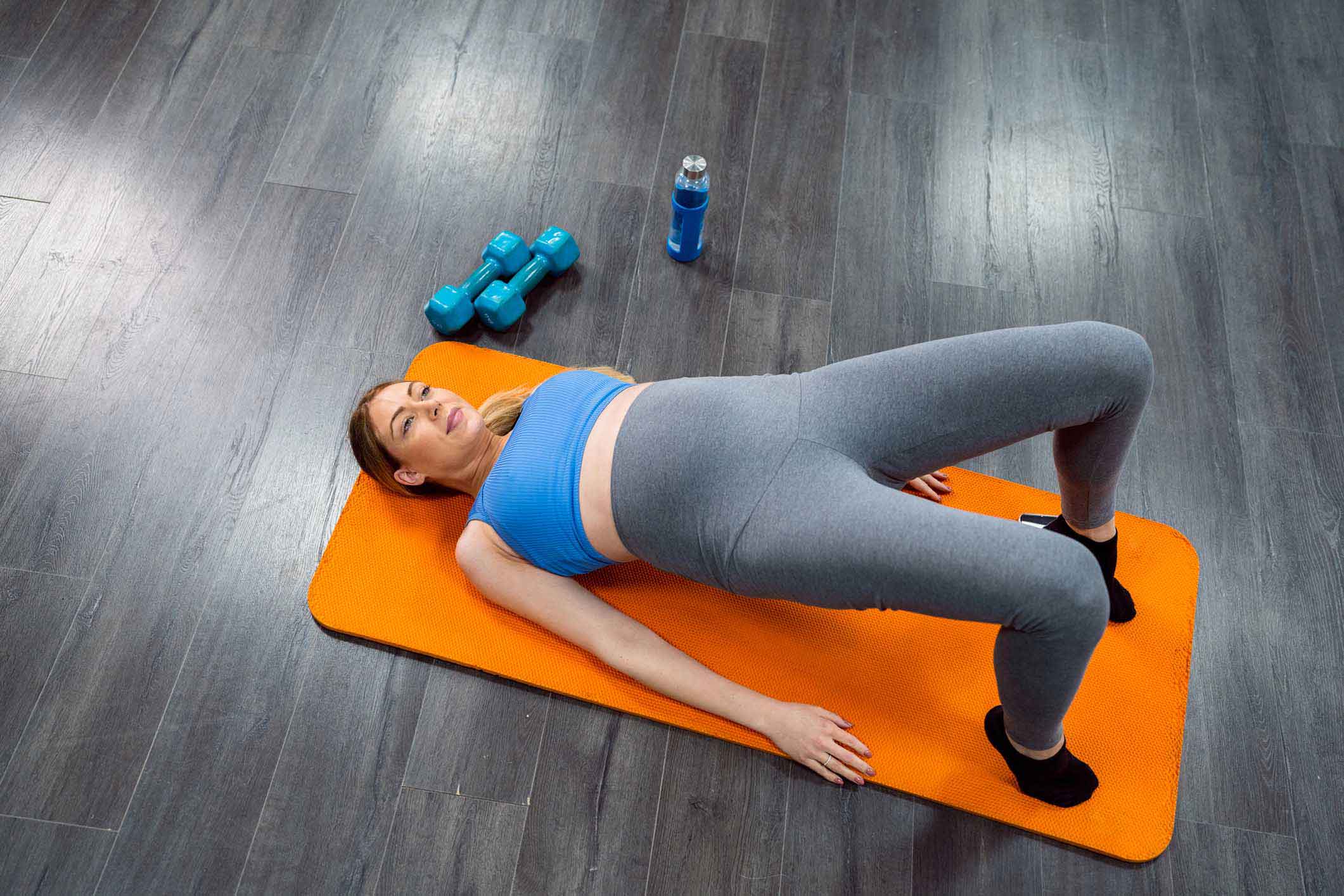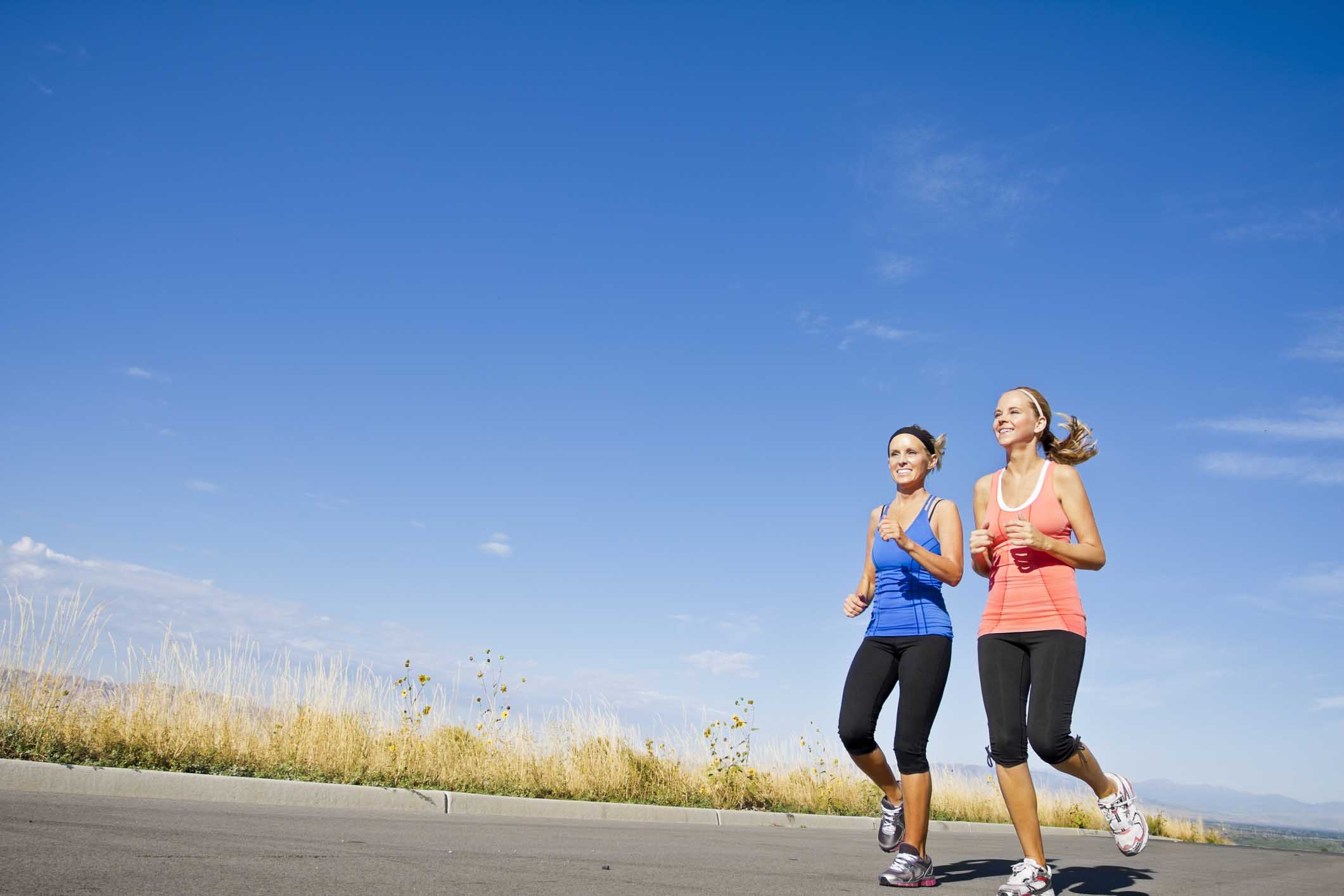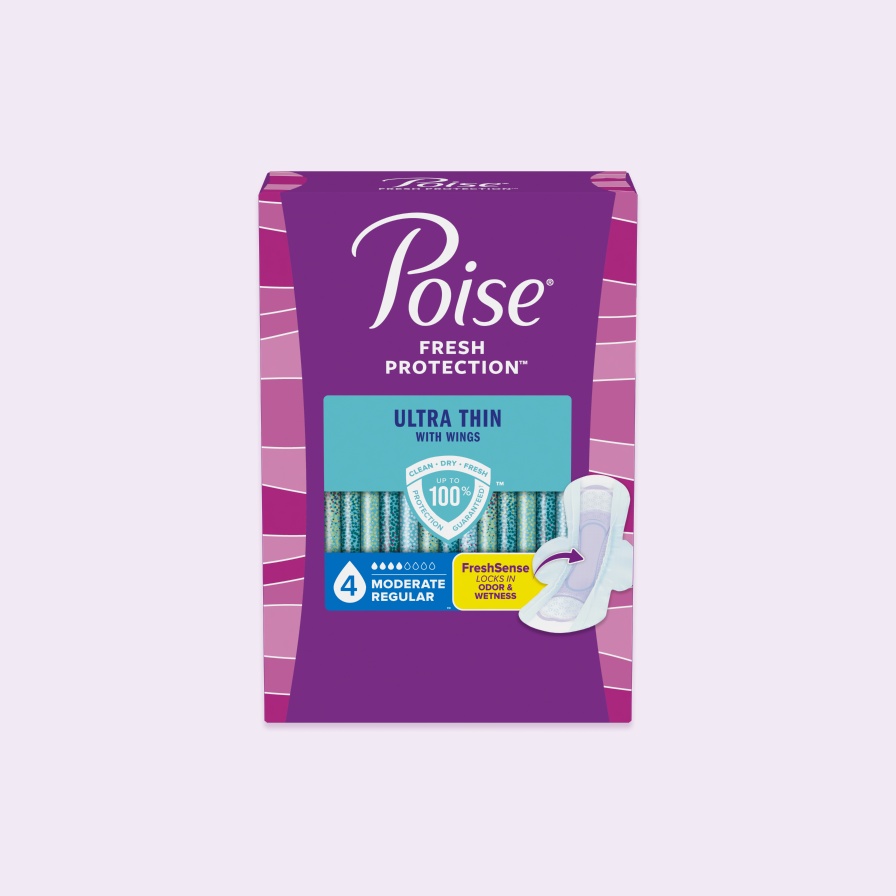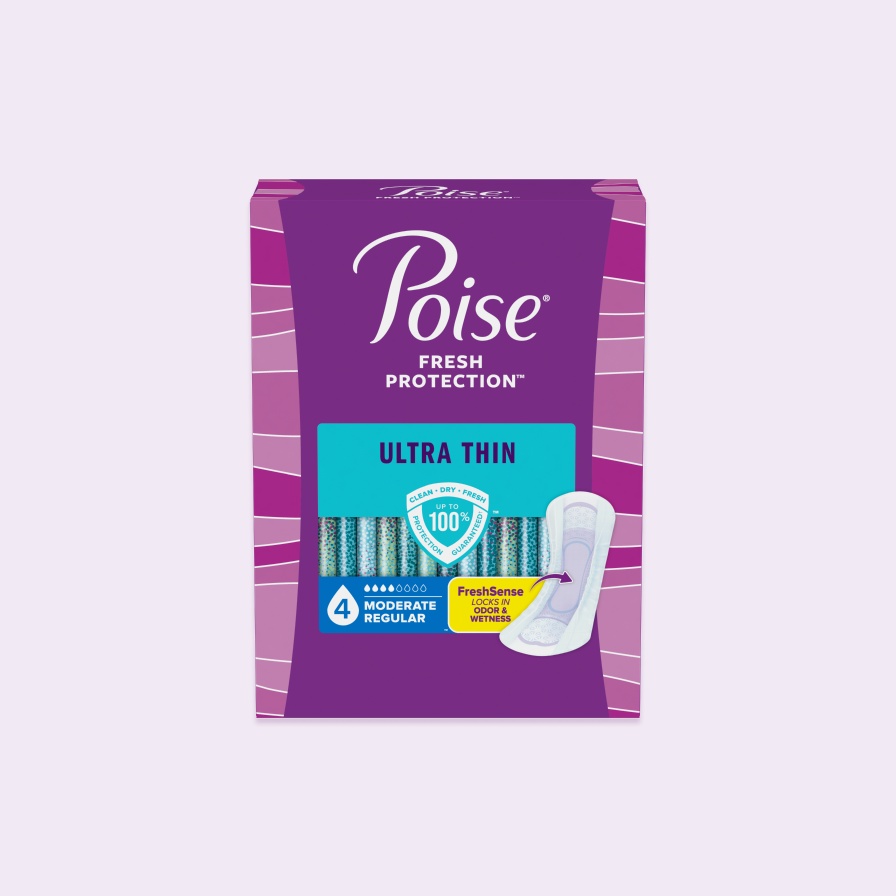Five Bladder Leak-Triggering Foods To Avoid
Five Bladder Leak-Triggering Foods To Avoid
For women with urinary incontinence, life's banquet can include a few food fights. That's because what you eat and drink can worsen your symptoms. While everybody’s different, try eliminating these five foods and see what works best for you.
Caffeinated foods/beverages
We all need that morning pick-me-up, but caffeine also has a significant downside: bladder leakage. Caffeine is a diuretic, meaning it can cause you to produce more urine. It also causes the bladder to contract, contributing to stress leaks and urge leaks. Consider eliminating caffeine or sticking to no more than two cups per day.
Carbonated beverages?
There’s another leak-trigger that may be hiding in some of your favourite drinks. Carbon dioxide in fizzy drinks can irritate the bladder. Avoid all carbonated beverages including sparkling water, seltzer water and club soda.
Alcohol
If you’re looking to control leaks in the evening, you might consider avoiding these after work drinks. Beer, wine, and liquor are all diuretics. They cause the bladder to fill quickly and trigger an urgency to void. Try limiting your alcohol intake or avoid it altogether.
Citrus fruits and juices
And you also may also want to hold the OJ. Some fruits and juices have an acidic pH and can aggravate bladder leaks. This includes grapefruits, pineapples, oranges, lemons, and limes.
Spicy foods
Finally, while a little hot sauce is a reliable way to fire-up a bland meal, it can also fire-up your bladder. Research indicates spicier foods can irritate the lining in the bladder and exacerbate bladder leaks.
To find the bladder leakage products that are right for you, discreetly shop and order online here.
Recommended Products
Absorbency Level
Absorbency Level








